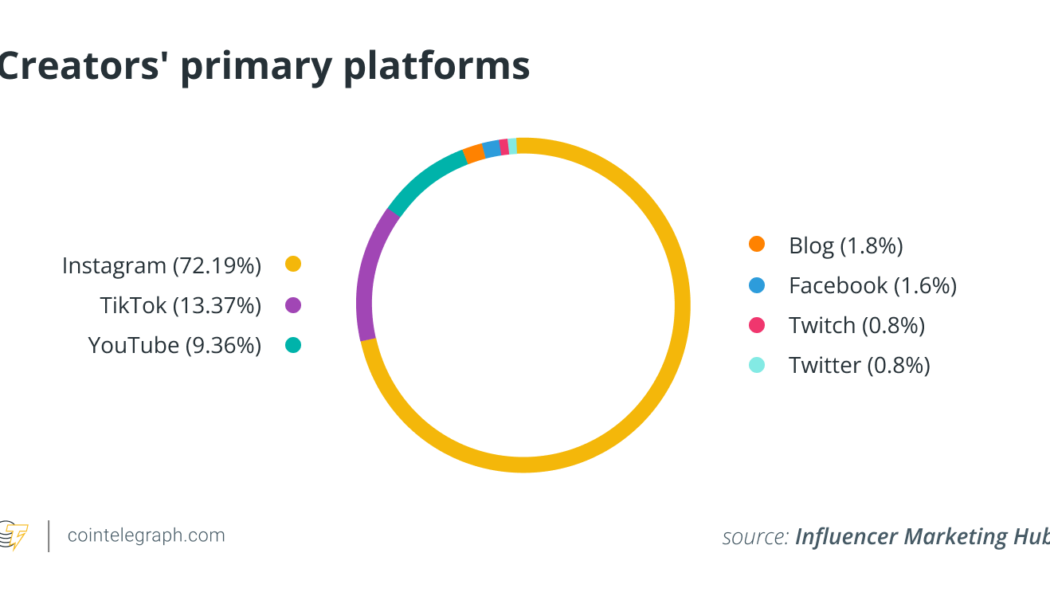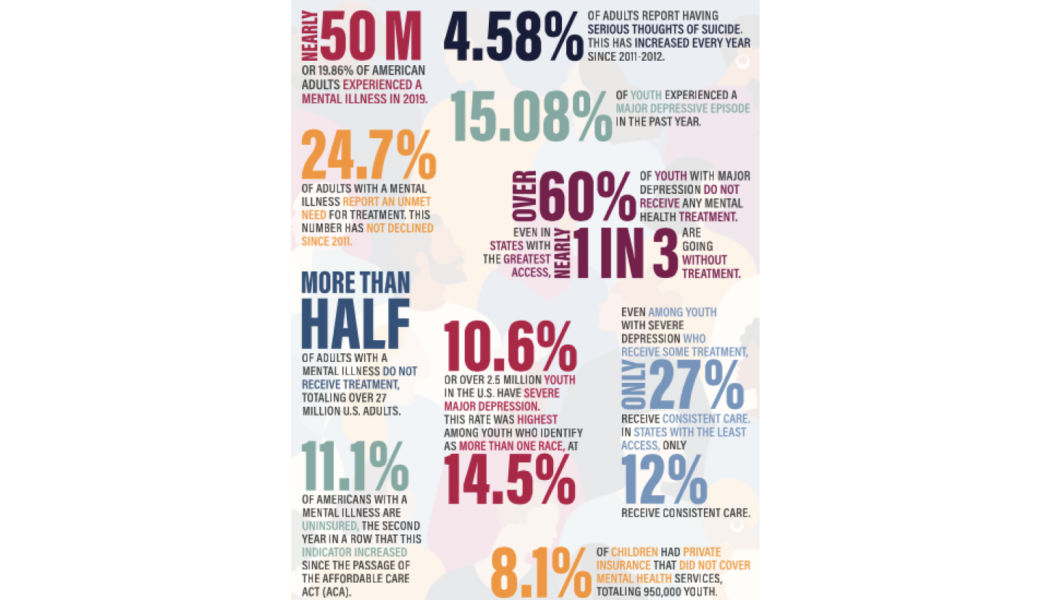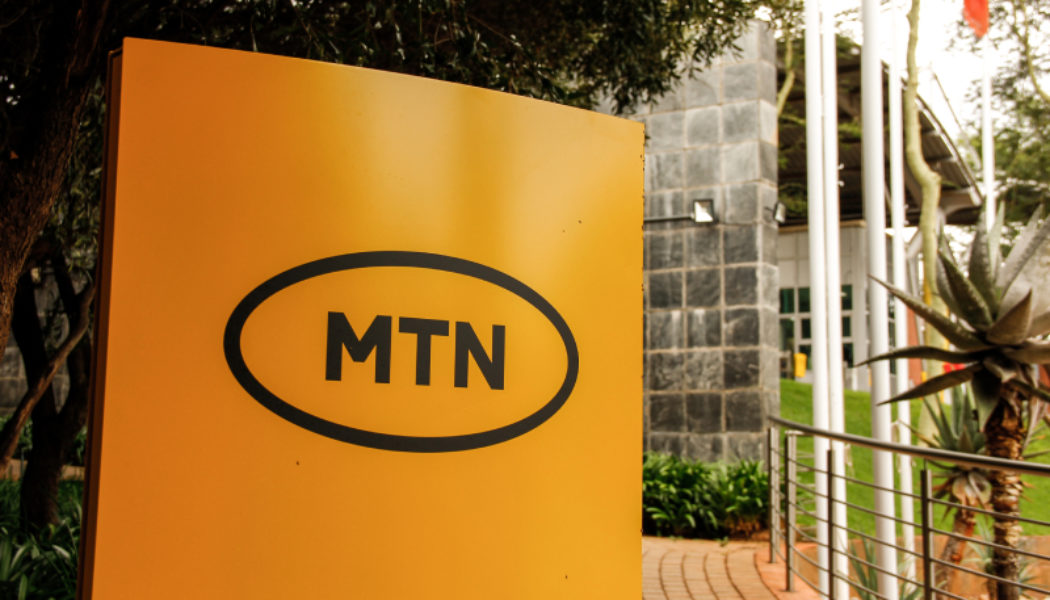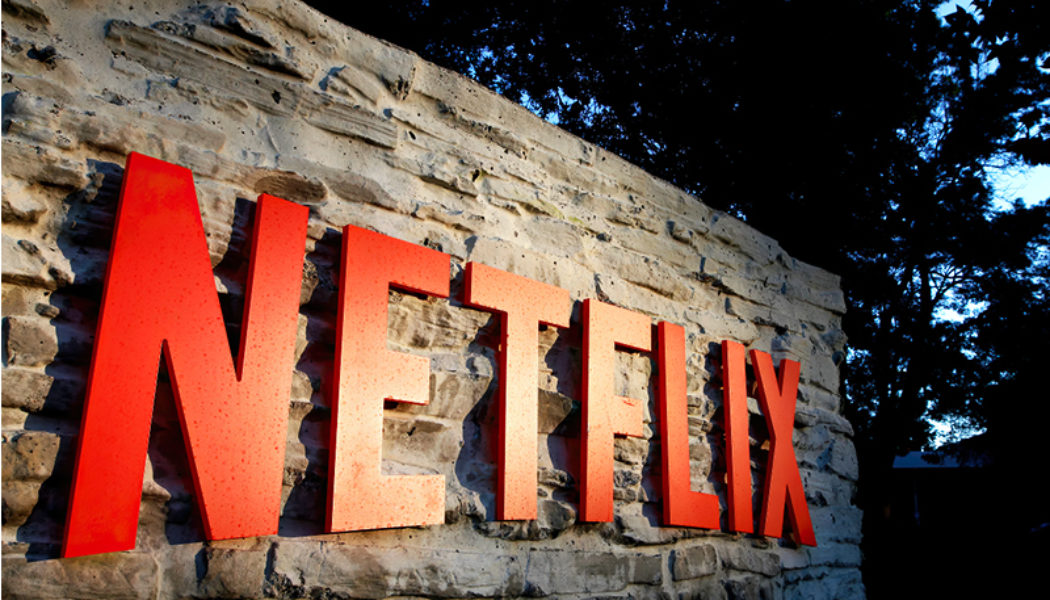technology
Italy Investigates Russia’s Kaspersky for Allegedly Launching Cyberattacks
Sourced from Hypertext On Friday, Italy’s data watchdog said it is investigating Kaspersky, a Russian multinational cybersecurity company, for launching cyberattacks. According to The Guardian, the agency says it followed “alarms sounded by many Italian and European organisations specialised in computer security” over the potential use of Kaspersky software for hacking assaults in the wake of Russia’s invasion of Ukraine. The agency reportedly asked the company to provide details on the number and profiles of Italian users and whether their data was being transferred to Russia or elsewhere. Reuters reported that Germany’s British Standards Institution (BSI) also warned users of the antivirus software, saying the company could be coerced by Russian government agents to hack IT systems abroa...
Standard Bank Boosts its Shari’ah Banking with AWS Technology
We use cookies on our website to give you the most relevant experience by remembering your preferences and repeat visits. By clicking “Accept All”, you consent to the use of ALL the cookies. However, you may visit “Cookie Settings” to provide a controlled consent.
Need an Edge to Your Business? Take a Fresh Look At Your Security Strategy
Sourced from International IDEA As we all start to get a better view of what the future might hold, organisations need to look again at their security strategy. But first, we need to take stock. After the initial shock of lockdowns and mass remote working, what have we learned from the past two years as we all attempted to adjust to the new reality? You’re working in a landscape of increasing threats and vulnerabilities The widespread shift to the cloud to support those working remotely has inadvertently created a much larger attack surface. The sheer number of new locations, devices, and networks organisations are managing today alone calls for a security rethink – a need that’s magnified by a year-on-year increase in threats. And the pandemic has magnified the problem, sending a huge wav...























